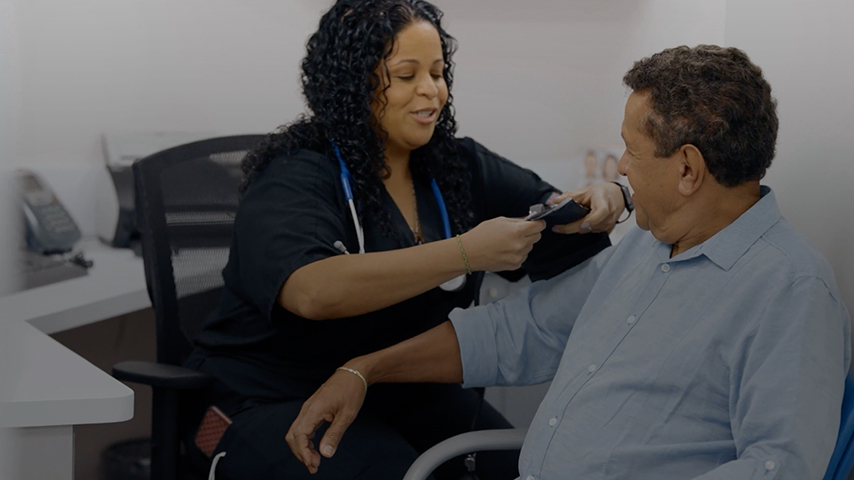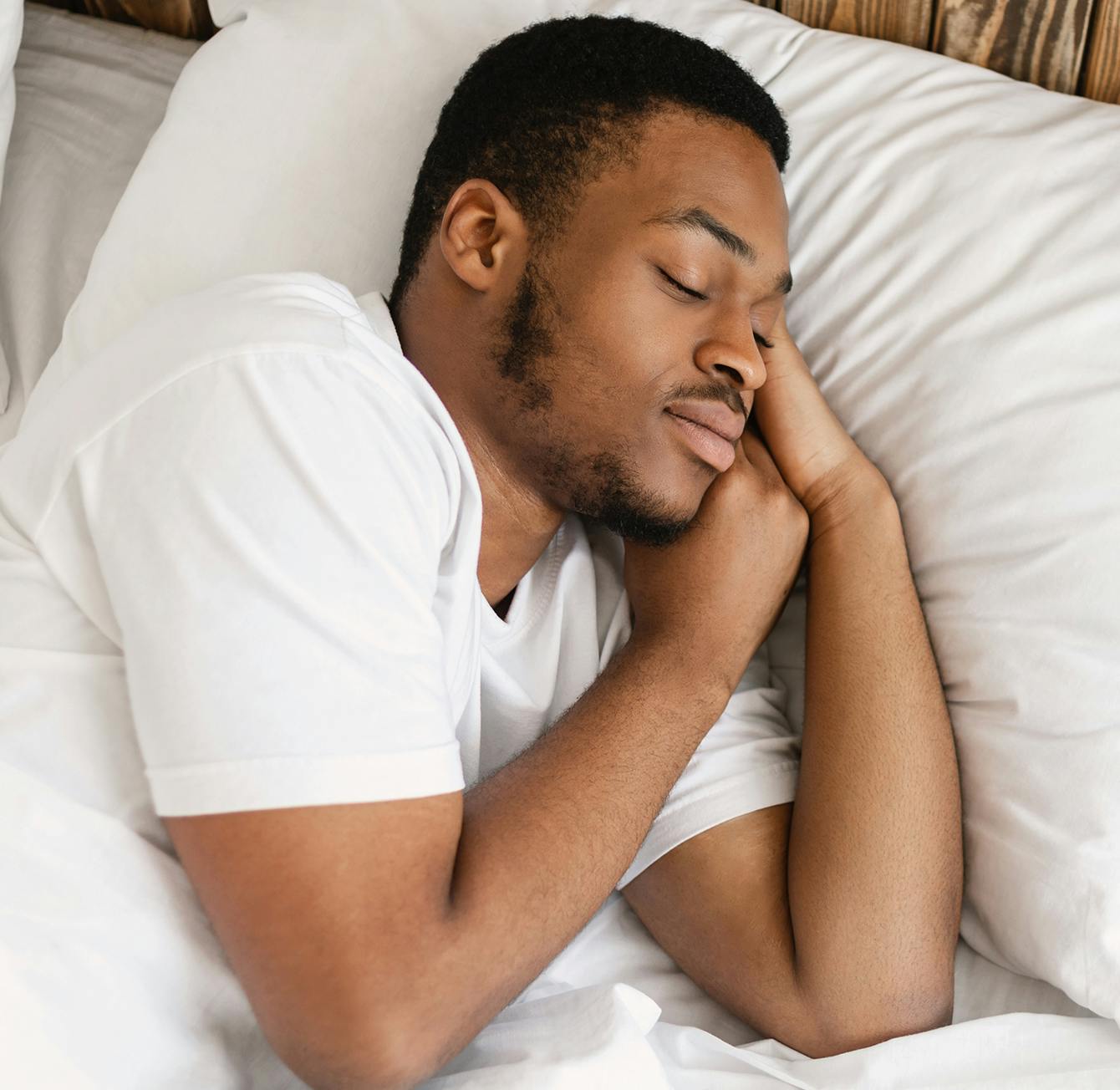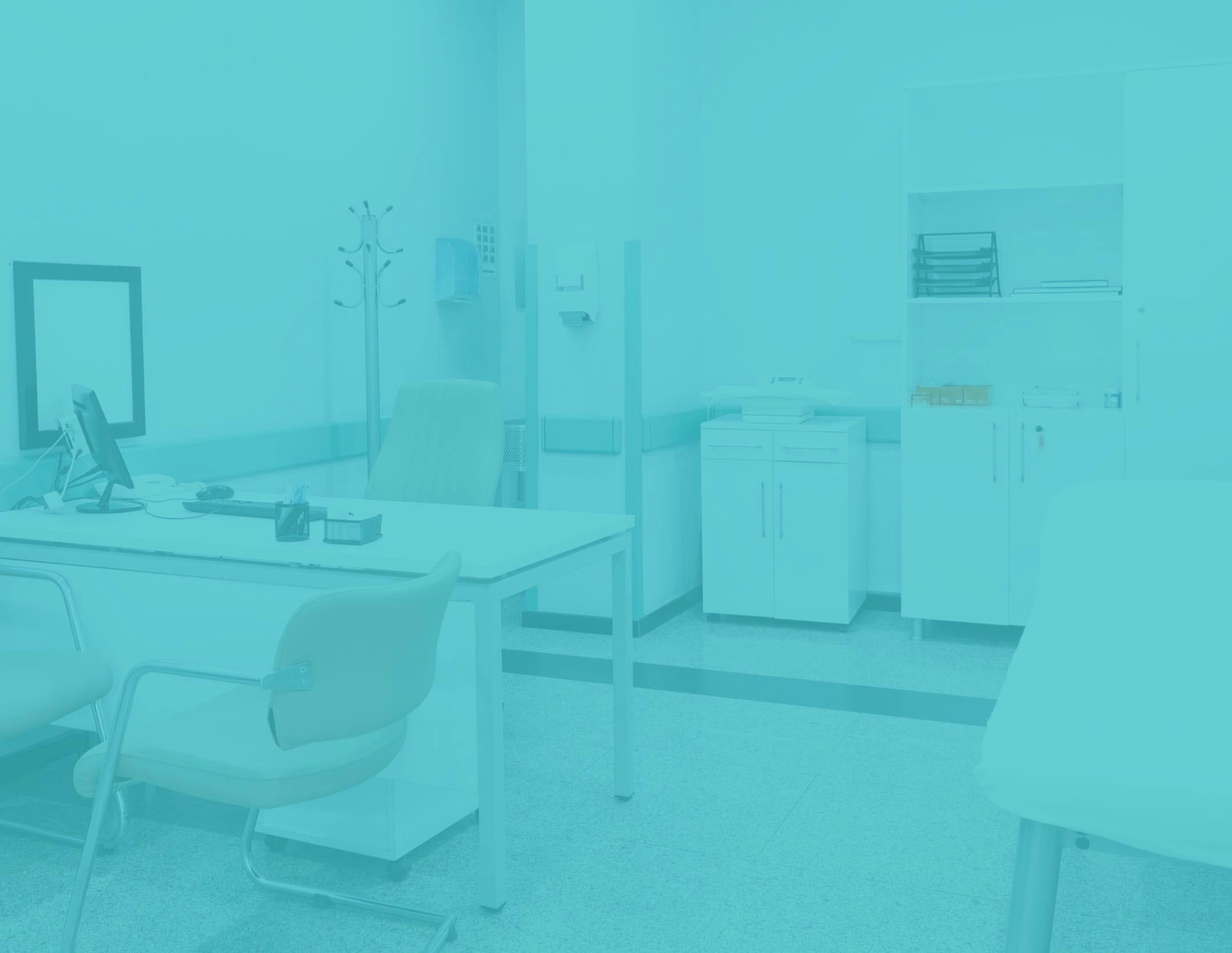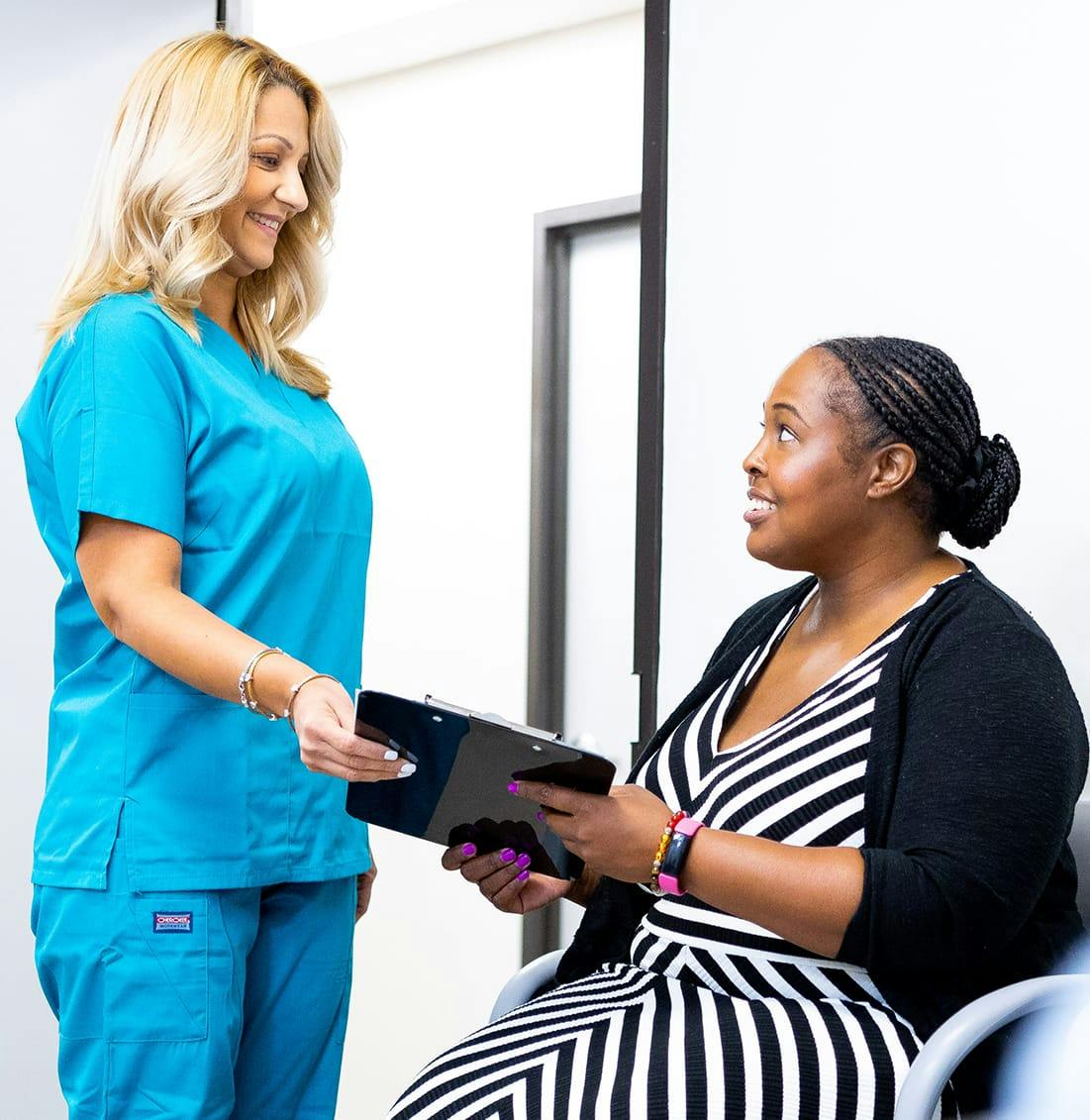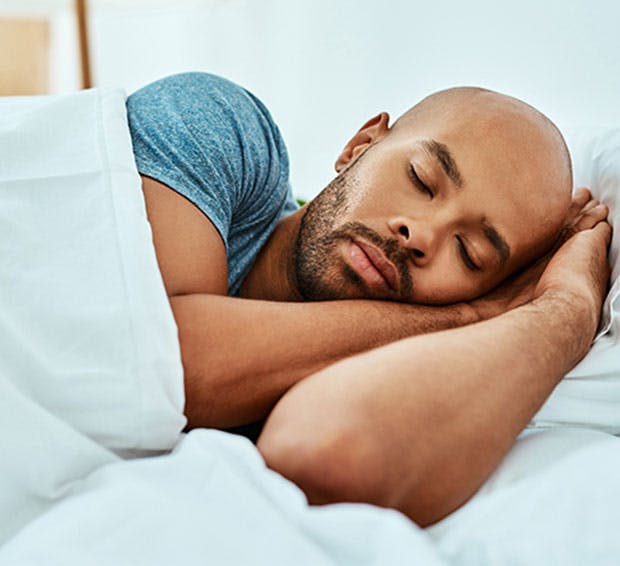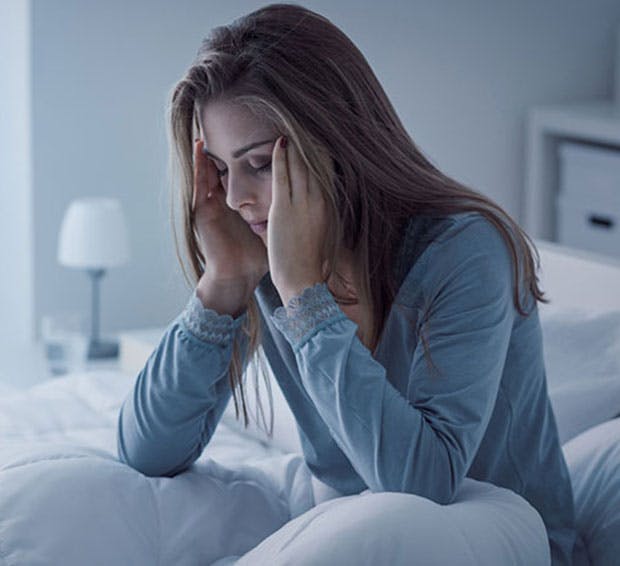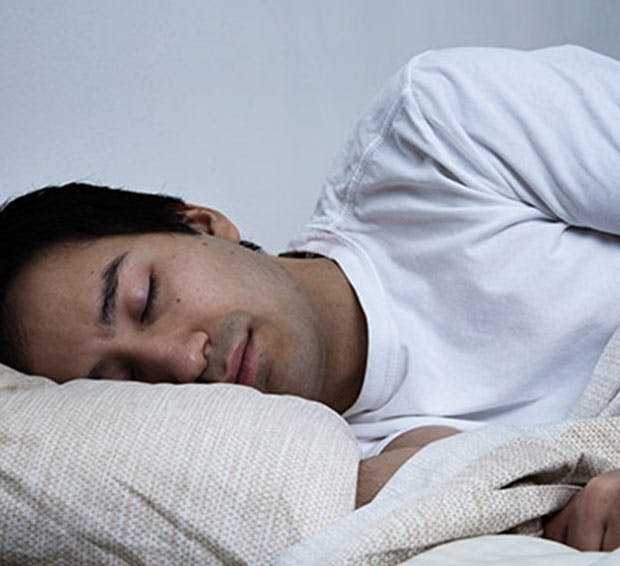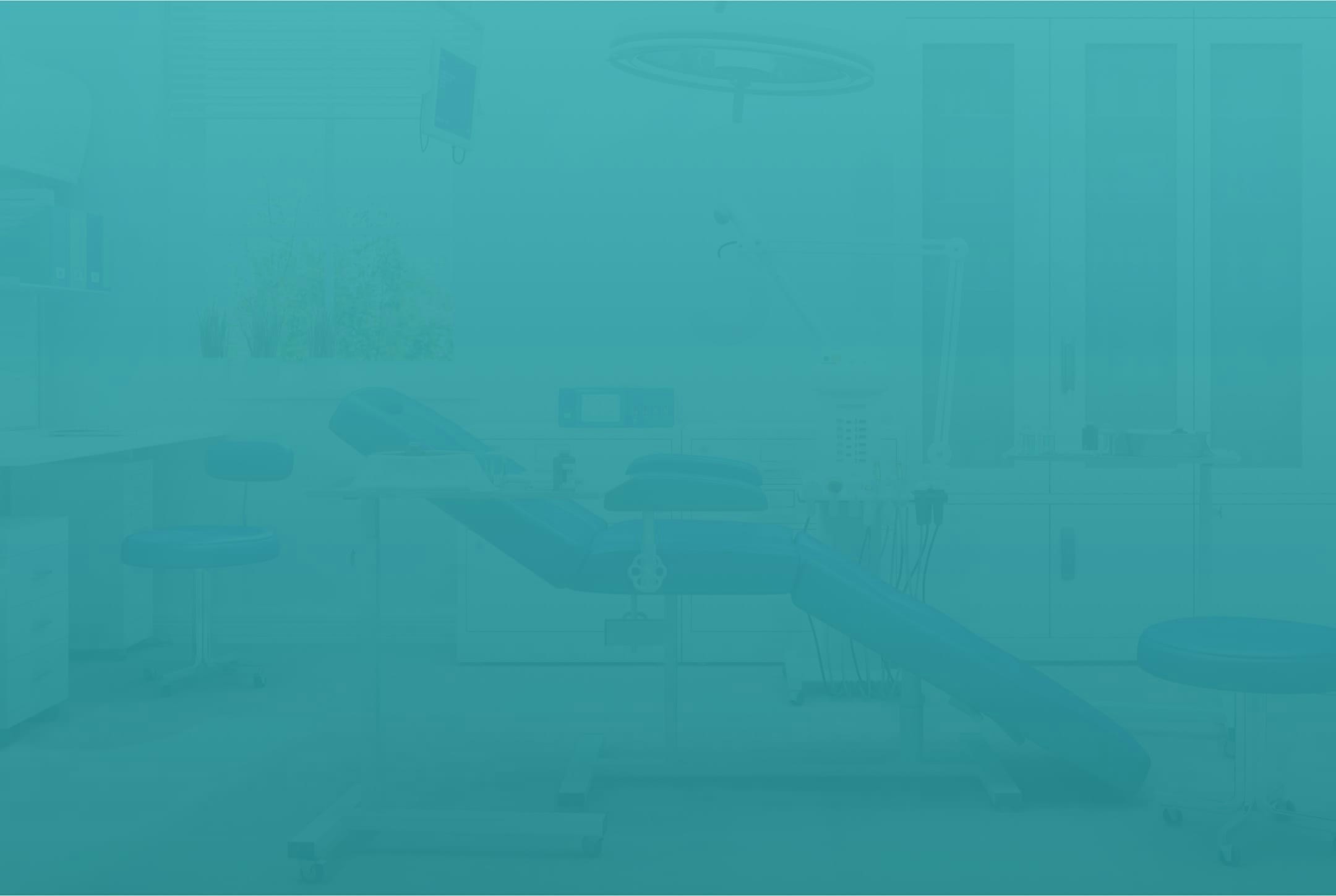Sleep helps us feel well-rested for the day ahead. A bad night of sleep can start you off on the wrong foot for the rest of the day. Getting a good night’s sleep and feeling well-rested can be more challenging for those who have specific sleep conditions such as snoring or sleep apnea.
Fill out our sleep disorder self assessment quiz to see if you are a candidate for sleep apnea treatment.


